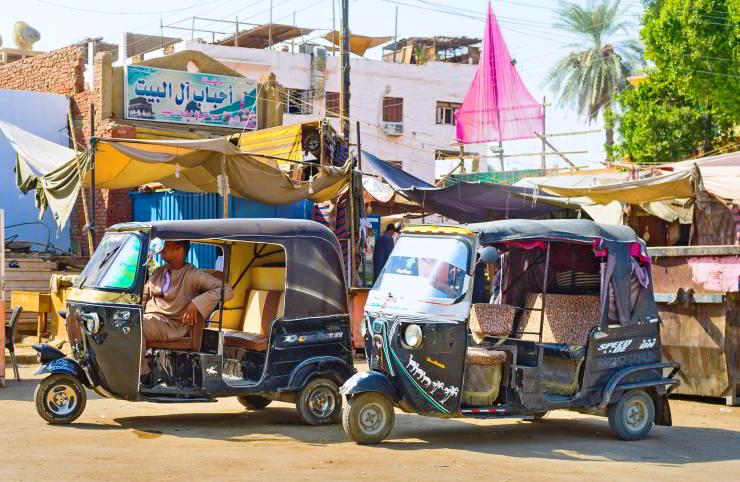New companies are appearing on the continent, trying to carve out a niche in the new business.
The global sales of electric and plug-in cars continue to rise, with 16.6 million vehicles expected in 2024 and dominated by China, which in July saw half of its market satisfied by these models.
In short, thanks also to the rapid drop in battery prices, electric cars are becoming better able to compete with internal combustion engines. Indeed, in China, according to the International Energy Agency, in 2023, more than 60% of electric cars sold cost less than similar petrol and diesel cars.
Therefore, the global automotive market is seeing an acceleration of the transition to electric, thanks to the reduction in prices and the objectives of various countries. Let’s think of the European Union and other areas of the world, such as Canada and California, which have decided that from 2035 they can no longer sell internal combustion engines.
Even in Africa, there are signs of interest in electric mobility. We are not just talking about commitments that have caused a stir but that will have difficulty being implemented. Like Ethiopia’s decision to ban imports of petrol and diesel cars, allowing only electric vehicles, faced with an annual fossil fuel bill of over 7 billion dollars.
There are many African experiences that are trying to carve out a niche in electric mobility. For example, Zembo, a Ugandan company that aims to make electric motorcycles, or Mobility for Africa, a Zimbabwean company that designs electric tricycles, known locally as “hambas”.
Both of these companies started by purchasing electric tricycles and motorcycles in China but discovered that they did not work for long on rough terrain. The African startups decided to redesign the vehicles but then discovered that it was impossible to have a few hundred frames adapted to the new conditions produced in China. They therefore decided to import some of the main components and produce several custom parts locally, so that they could tackle hilly terrain and treacherous roads. Of course, these are just a few of the many experiences that are spreading in Africa.






